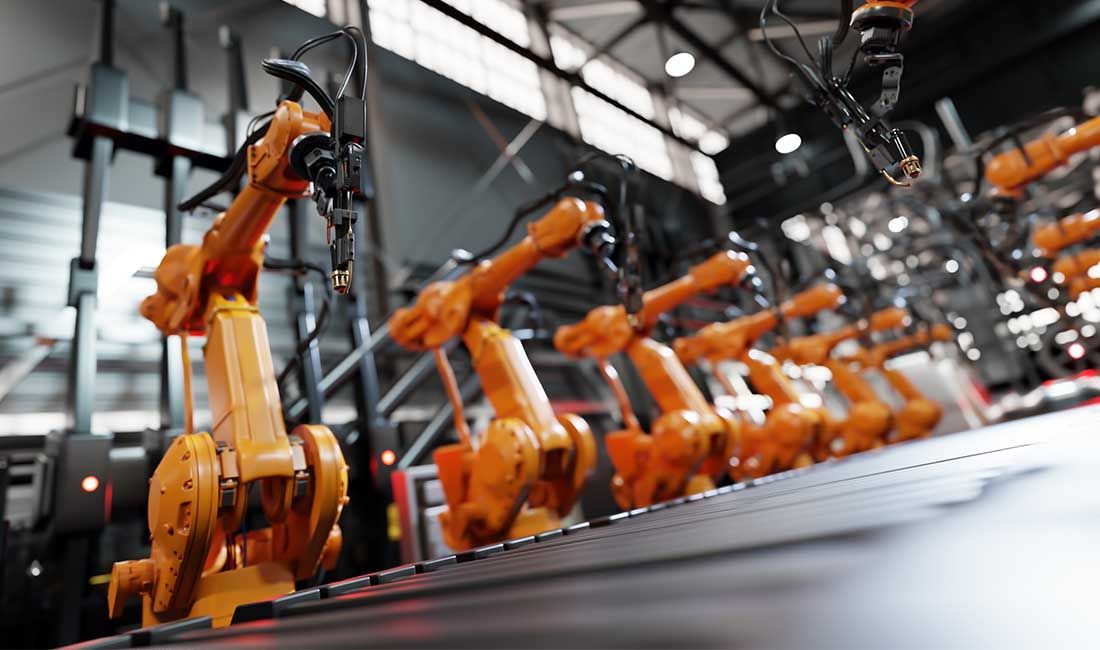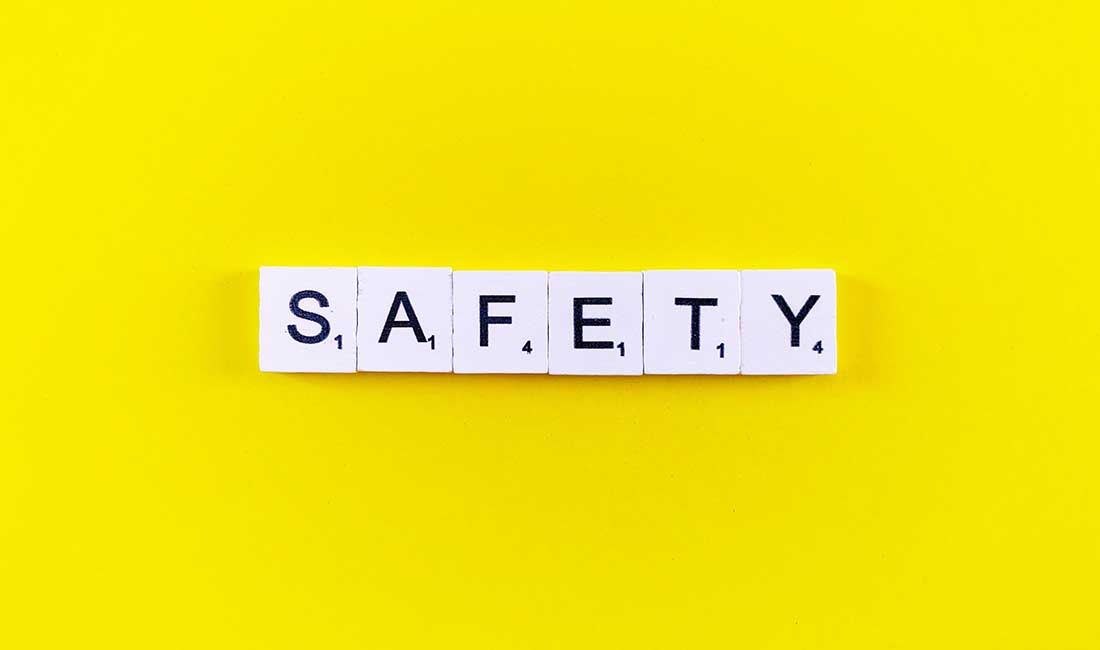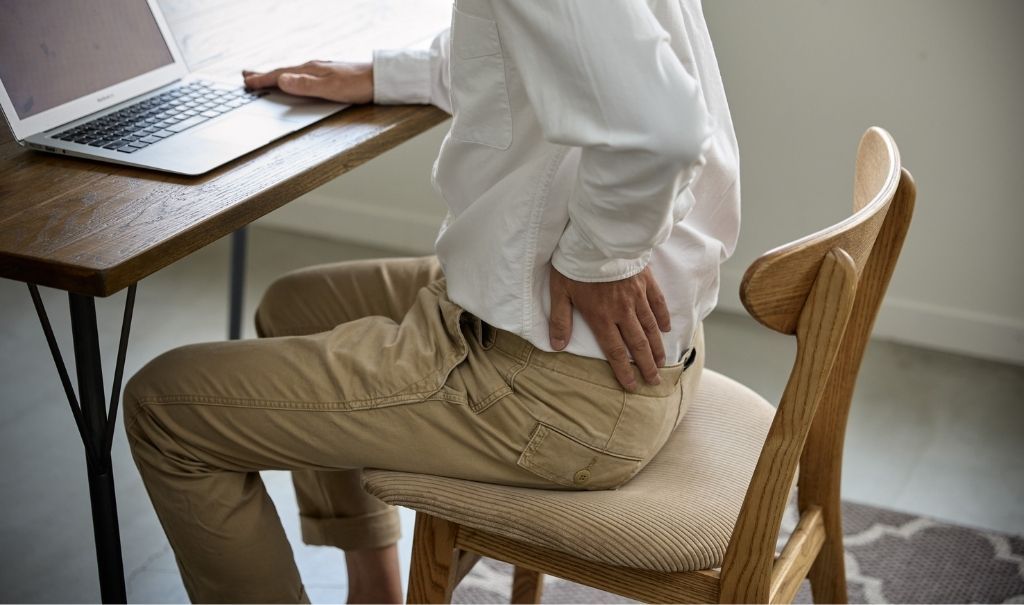Minimum Wage Hikes May Lead to Robots

| W.E.U Admin | Improving Working Lives
TAGS: Automation, Economics
The Institute for Fiscal Studies warns rapid wage hikes could accelerate automation.
Jeremy Corbyn has pledged to raise the minimum wage to £10 per hour.
The current national living wage is already impacting low-skilled roles.
Background
Labour’s plan to increase the minimum wage to £10 per hour has prompted fresh debate about the risk of job losses due to automation. The independent Institute for Fiscal Studies (IFS) argues that rapid rises in labour costs will incentivise employers—particularly in sectors such as retail, care and hospitality—to invest in robots and self-service technology.
Key Findings from the IFS Report
The report’s author, Agnes Norris Keillor, highlights several concerns:
- Acceleration of automation: Higher pay rates make machines more cost-effective than low-skilled workers.
- Impact on vulnerable sectors: Roles in care work, waitressing and bar work—areas not traditionally automated—are increasingly at risk.
- Rising coverage of the living wage: The national living wage, set at £6.70 in 2015, is projected to exceed £8.50 by 2020, expanding coverage from 4% to 12% of adult workers.
Potential Consequences
According to the IFS, if the minimum wage reaches £10 per hour, employers may:
- Invest in self-checkout tills and automated kiosks in retail outlets.
- Deploy robotic cleaning and delivery systems in hospitality venues.
- Utilise AI-driven scheduling and monitoring tools, further reducing the need for human staff.
Views from Political Leaders
In the run-up to the last general election, Jeremy Corbyn stated that a £10 minimum wage would “immediately boost the incomes and opportunities of more than 20% of the workforce.” Critics now argue that unintended automation could negate these gains.
Further Reading
Explore related analysis on our site:
- Increasing Minimum Wage Too Fast Could Lead to Robots
workersofengland.co.uk | Independent Workers Trade Union
















